The U.S. Role in International Mediation of the South Caucasus Peace Process
By Robert M. Cutler
June 26, 2023
Intensive rounds of negotiations between Armenia and Azerbaijan over the past few months seem to be hitting a pause. Some progress has been made via each of the now-existing three tracks sponsored respectively by Russia, by the EU, and by the U.S. These have shown a certain limited mutual complementarity, yet crucial issues still await authoritative resolution. At present, only the U.S. would appear to have the goal of a final peace treaty firmly in sight. The process presided by Council of the EU President Charles Michel in Brussels may potentially still be helpful, but the activity of other EU institutions has become obstructive. U.S. diplomacy should not allow the current momentum to dissipate.
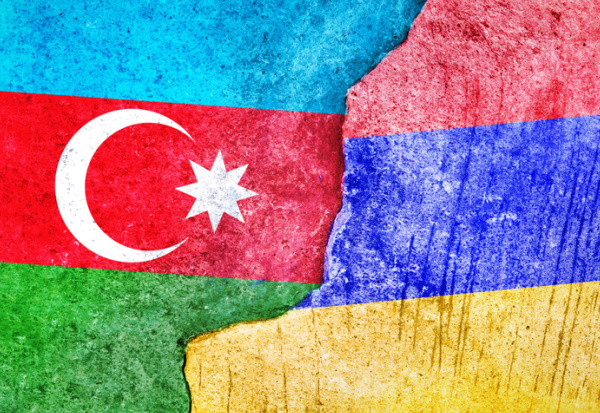
Russia and Iran Diverge in the South Caucasus
By Vali Kaleji
June 15, 2023
Despite some similarities in Iran’s and Russia’s approaches towards the conflict between Armenia and Azerbaijan since the collapse of the Soviet Union, Tehran and Moscow have diverged in recent years regarding the Zangezur Corridor, its possible effects for Iran’s border with Armenia, and Israel’s relations with Azerbaijan. Russia’s relations with Israel and its need to retain economic ties and transit options with Azerbaijan and Turkey after the Ukraine war, have led Moscow to take a flexible approach to developments in the South Caucasus, which is not favorable to Iran. This has disrupted the unwritten alliance between Iran, Armenia and Russia and has created a security and strategic dilemma for Iran along its northwestern borders.
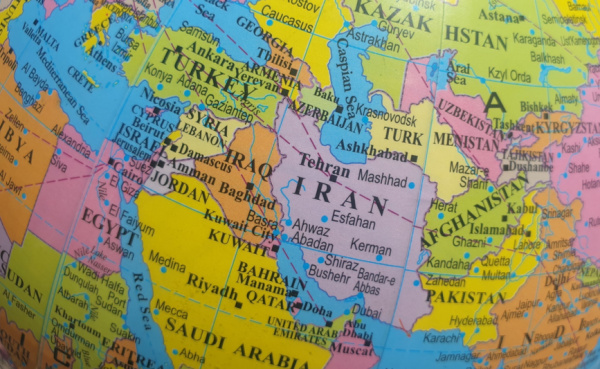
Deepening Azerbaijani-Israeli Cooperation Contributes to South Caucasus Stability
By Robert M. Cutler
May 23, 2023
In mid-April, days before Azerbaijan opened its embassy in Tel Aviv, Israeli foreign minister Eli Cohen visited Baku to discuss regional security and Israeli diplomacy in Central Asia with President Ilham Aliyev and other senior officials. Israel’s deepening relations with Azerbaijan and the Central Asian countries—and the significant assistance that it can provide to these countries’ domestic economies as well as their security—contributes to the stability and security of the broader region in the face of Iranian bellicosity. They also give the Central Asian countries another “vector” for escaping the visegrip of Russian and Chinese influence.
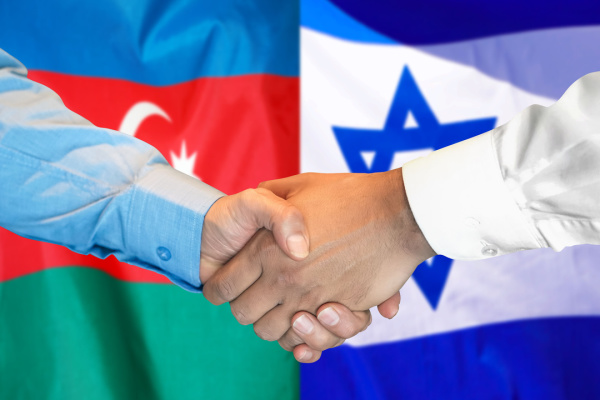
Abkhaz President Heads for Open Conflict with de Facto Parliament
By Tomáš Baranec
May 12, 2023
On March 6, 2023, the de facto General Prosecutor’s Office (GPO) of Abkhazia confirmed violations of local legislation in the interstate agreement on the lease of land in Pitsunda (Bichvinta in Georgian) to Russia. This factual rejection of the agreement in its current form seemingly closed a controversial topic that has been affecting Abkhazia for several months. However, it merely closes one chapter of the dispute, which has launched processes that are beginning to push the Russia-supported de facto President Aslan Bzhania into an increasingly open conflict not only with local society but also with the originally pro-presidential parliamentary majority.
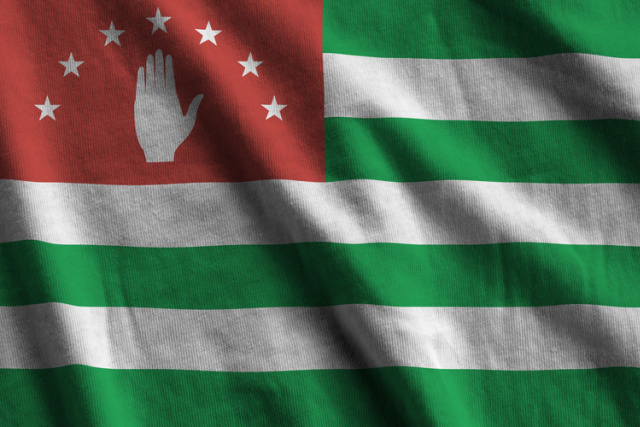
Energy Crisis Places Turkmenistan in the Geopolitical Spotlight
By Natalia Konarzewska
March 10, 2023
Isolated but natural gas-rich Turkmenistan has recently become a subject of geopolitical competition owing to the energy crisis in Europe and Western energy sanctions imposed on Russia as a consequence of its invasion of Ukraine. During a mid-December 2022 tripartite meeting in Turkmenistan between the presidents of Turkmenistan, Azerbaijan and Turkey, Turkish president Recep Tayyip Erdogan sought to make the case for Ashgabat to join the Organization of Turkic States and to start exporting its gas via the Caspian Sea and Turkey to Europe. Turkmenistan, however, prefers to remain neutral and maintain positive relations with Moscow, which would be at risk if the country decided to export its gas to Turkey bypassing Russia. Moreover, Russia’s plans to divert its trade and gas export routes towards Asian markets potentially offers a prominent role for Turkmenistan.
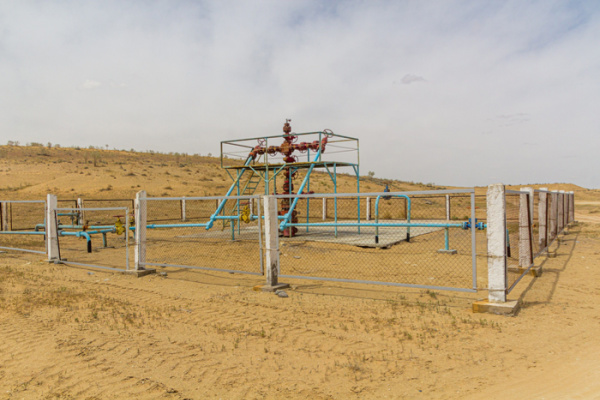





 Book S. Frederick Starr and Svante E. Cornell,
Book S. Frederick Starr and Svante E. Cornell,